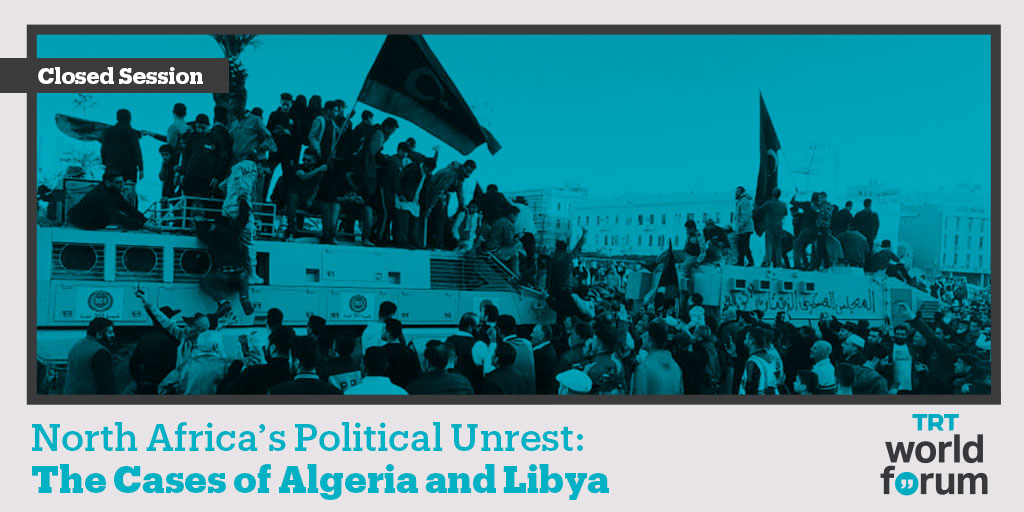The year 2019 has been turbulent in North Africa, with events in Libya and Algeria emblematic of the wider dynamics at play in the region. The attempts of Libya and Algeria toward political transitions display two distinct representations of a wider revolutionary spirit which has characterised North African politics during this decade. (Laremont, 2013) Although the 2011 Arab Spring surprised the world, the revolts which took place were long in the making. The rentier state model in place was decreasingly able to satisfy growing populations and evolving popular demands. (Altunisik, 2014) Decades of state repression and a lack of social justice compounded these grievances, eventually causing the inevitable sparks that led nationwide demands for change. (Idris, 2016) The revolutions which took place and the transitions which followed were distinguished by each nation’s local context. In addition, the machinations of counter-revolutionary regional states who felt existentially threatened by these developments were also significant. (Kamrava, 2012) Eight years on from the shock of the Arab Spring, the region has largely quieted down, and local politics has recovered some predictability, with the exceptions of Libya and Algeria.
Written by Tarek Megerisi
Tarek Megerisi is a policy fellow with the North Africa and Middle East programme at the European Council on Foreign Relations (ECFR). He is a political analyst and researcher who specialises in Libyan affairs and more generally politics, governance and development in the Arab world. Megerisi started his career in Tripoli, Libya with the Sadeq Institute and various INGOs providing diverse research and democratisation assistance to Libya’s post-revolutionary authorities between 2012-2014. Megerisi returned to London in 2014 and has since been working freelance as an analyst and researcher, advising on Libya policy to a range of international missions to Libya, commentating on Libyan developments for publications like Foreign Policy, and co-authoring policy briefs or assisting with the Libya programming of a variety of think-tanks. He has also authored commissioned papers for organisations such as WPF and the Legatum Institute and contributed to wider publications for journals like ISPI. In 2017 he was part of the UN OHCHR team to update the Pinheiro Principles on Home, Land & Property Rights for the Middle East.
